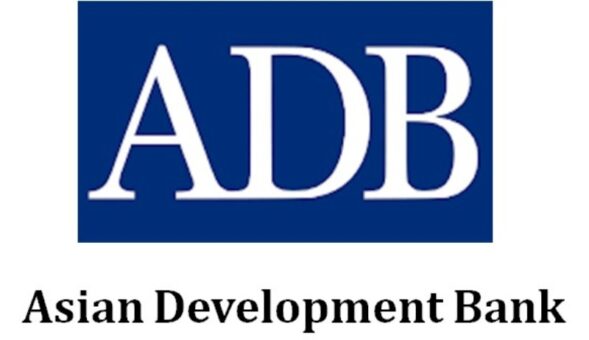Islamabad, April 11, 2024 – The Asian Development Bank (ADB) has released its flagship Asian Development Outlook (ADO), forecasting a GDP growth rate of 1.9 percent for Pakistan during the fiscal year 2023-24.
The ADO highlights the anticipated shift towards positive growth, projecting a rise from the 0.2% contraction experienced in the previous fiscal year. It attributes this uptick to anticipated recoveries in both agriculture and industry, alongside increased private sector investment stimulated by reform measures and a more stable government.
Private consumption is expected to expand, bolstered by a surge in workers’ remittances due to a market-determined exchange rate. However, the outlook cautions that domestic demand may be constrained by rising living costs and tight macroeconomic policies.
On the supply side, agricultural growth is anticipated to lead the recovery, driven by post-flood rehabilitation efforts, improved weather conditions, and government initiatives such as subsidized credit and farm inputs.
The report also predicts a decrease in headline inflation to 15.0% in FY2025 as macroeconomic stabilization efforts gain traction, restoring confidence in the economy.
Looking ahead, the government aims for significant fiscal consolidation, targeting a primary surplus of 0.4% of GDP and an overall deficit of 7.5% of GDP in FY2024, with gradual reductions in subsequent years. However, the relaxation of import restrictions coupled with economic recovery may widen the current account deficit.
Despite external uncertainties, such as geopolitical tensions and monetary policy shifts, the ADO asserts that overall growth in developing Asia remains resilient. The end of interest rate hiking cycles and a recovery in goods exports driven by semiconductor demand are cited as factors supporting the region’s positive outlook.
Nevertheless, policymakers are urged to remain vigilant, with escalating conflicts and geopolitical tensions posing risks to supply chains and commodity price volatility. Additionally, uncertainties surrounding US monetary policy, property market stress in China, and adverse weather effects are identified as challenges for the region.
The ADO emphasizes the importance of efforts to enhance resilience through trade, cross-border investment, and commodity supply networks. Policymakers are encouraged to step up these efforts to mitigate potential risks and sustain economic growth across the region.
As Pakistan navigates these challenges and implements reform measures, the ADB’s projections provide valuable insights for policymakers and stakeholders, guiding efforts towards achieving sustainable economic growth and development in the country.
